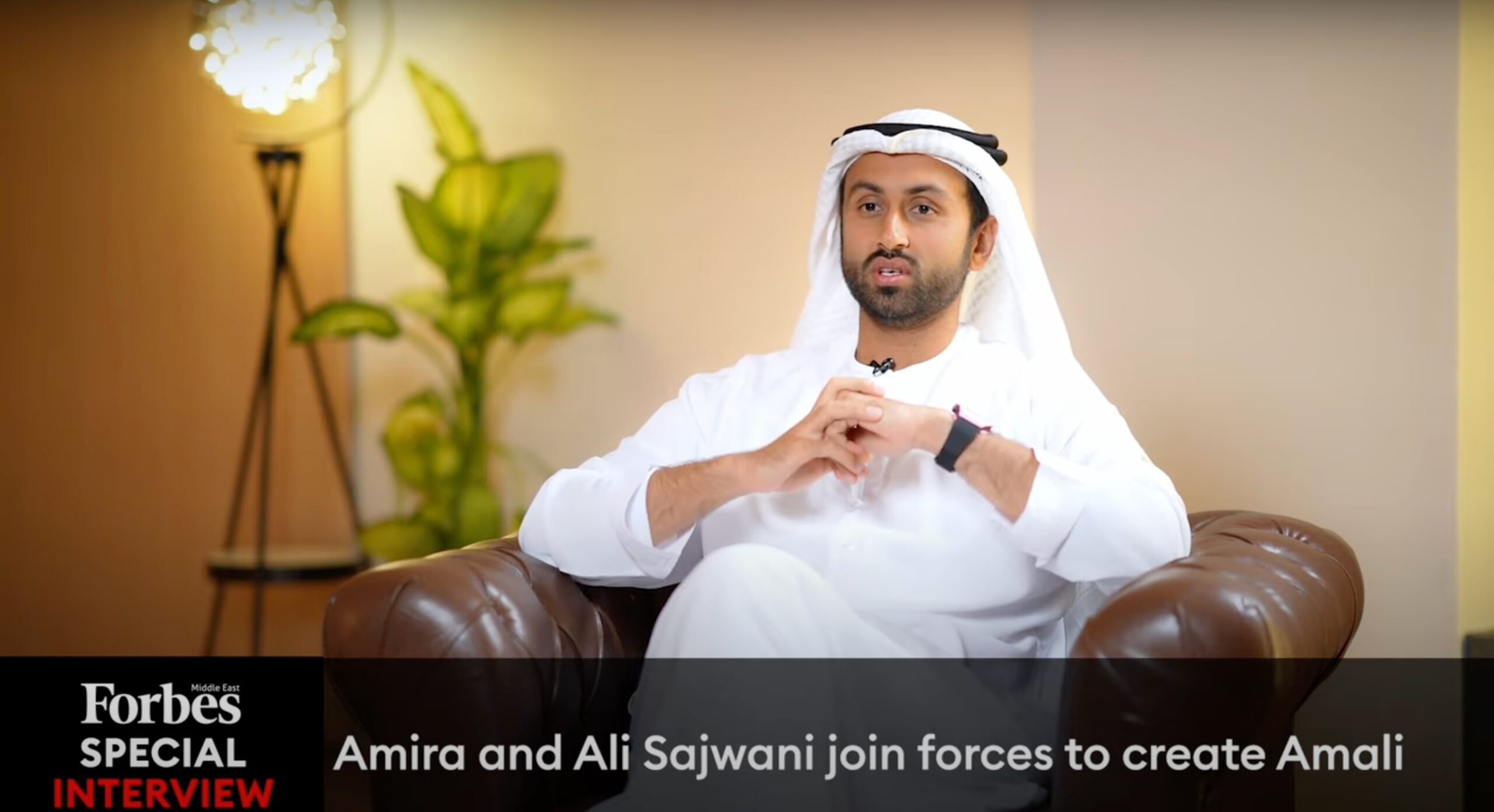When people think of limited, valuable natural resources, oil is mostly the commodity that first springs to mind. As a finite, non-renewable resource, the possibility of consuming the entire existing supply of crude oil is entirely possible, and the date we reach ‘peak oil’ – the point of no return, when we’ve begun to hit maximum extraction rates – is said to have already passed.
And that point has been well discussed, especially here at the heart of the world’s oil production.
But what of water? It is a renewable energy, which is eventually replenished by natural forces, but slowly. While the world concerns itself with the declining amount of finite fossil fuels, perhaps we should be just as concerned about water, a resource infinitely more vital to human survival.
Is water heading in the same direction as oil, with prices rising as demand increases and supply decreases? There’s a global water, sanitation and hygiene crisis, exacerbated by social issues, poverty, access and the pandemic. In fact, the U.S. Director of National Intelligence estimates that by 2030, 40% of the world’s fresh water will be consumed.
And this shortage, or scarcity, in purely economic terms, could lead to water being used like a currency. Countries, governments and consumers may simply have to start looking at the true costs of water infrastructure, management and supply, and pass those costs onto businesses and consumers.
More expensive water will simply agitate those already living under ‘stressed’ water conditions, making the situation even worse in areas where it’s already bad.
For instance, three years ago, the UN warned around five billion people could face water shortages by 2050 – shortages not limited to the developing world or emerging economies either.
Let’s not forget the harsh lesson of Cape Town, which was three months away from running out of water in 2018, after three years of poor rainfall. A rapid campaign to reduce water usage across the board averted disaster, but the crisis still looms large over South Africa.
When that 2018 UN report was released, Jonathan Farr, WaterAid’s Senior Policy Analyst for Water Security and Climate Change, underline the world’s very real water crisis. The expert analyst added that the report serves as a timely reminder that water is finite, essential and must be protected.
As Farr put it: “The impact of climate change is likely to make water supply much less predictable in future, making it crucial that water is carefully managed and distribution prioritises household use, ensuring…everyone has what they need…”
Around 844 million people don’t have access to water close to home. That’s one in nine people.
And we know that common agricultural practices, industry and wealthier sections of global society take more than their fair share of water.
Furthermore, studies suggest the Tigris-Euphrates-Western Iran region is facing an extremely fast rate of groundwater loss, followed by India.
Without clean water, people are denied access to opportunities that should be open to everyone, everywhere. Whole communities are held back while others thrive, simply because they don’t have access to clean water. Statistics also reveal that 90% of the world’s natural disasters are water related.
In 2015, world leaders committed to achieve the UN Sustainable Development Goals by 2030. Goal 6 focuses on water and sanitation – yet some countries are not years, but centuries, behind reaching this target.
Crisis point
Like climate change, the water crisis is a gloomy consideration, but one we can take action to change. And like climate change, governments, corporations and individuals can all get involved to alter the current course.
Water – or rather, lack of it – is already causing migration, as evidenced just earlier this year when cyclone Eloise battered Mozambique, displacing between 100,000 to 400,000 people. The UN University predicts a billion people will migrate by 2050, in large part due to drought, flooding and unsafe or unreliable access to water.
It’s no surprise, and perhaps a logical conclusion, then, to think that water-related issues will lead to immigration difficulties, more poverty, and ultimately wars. Using water as a form of currency may be just the beginning.
Technology is a crucial element in the fight to save water. For example, ‘big data’ – using enormous computer power to analyse and predict water supplies – can help us understand water flows, water usage and potentially mitigate drought.
It’s time to think out of the box a little more. It’s time to consider how we can come together as one planet to help fund water-saving conservation projects. How we can plan, adapt and create equal distribution of water. We rapidly came together to solve the COVID-19 pandemic. Perhaps it’s now time to treat the water crisis with the same sense of urgency.


